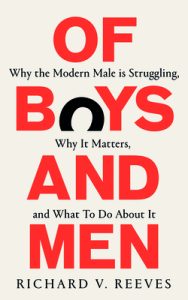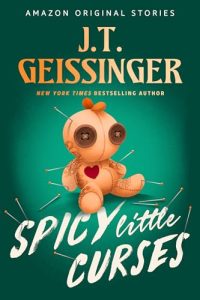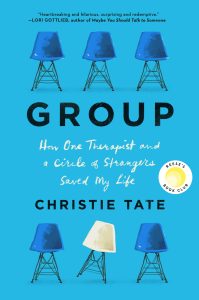
Verdict in a sentence: Tender, raw, and compulsively readable, Outlier delivers a heartfelt neurodivergent romance that shines brightest in its compassion, even if the third act conflict and pacing will divide readers.
What the story is about
Vicky has always been an outlier. Socially misread, hyper competent at work, and carrying the private rules that keep her world from spinning out, she finally feels something she has never felt before: attraction to Mike, a gruff, blue-collar craftsman who wants nothing to do with the so-called Ice Princess. The more he learns about Vicky, the less his assumptions hold. What begins as barbed avoidance turns into genuine care, a slow unpeeling of armor, and a fight against a family history that would rather see Vicky small and silent than loved and seen.
What works
- Sensitive neurodivergent representation: Tate writes Vicky’s sensory needs, shutdowns, and social scripts with specificity and respect. Scenes around consent, touch, and food routines are handled with grounded care that feels both intimate and instructive.
- Protective grump with a soft center: Mike’s arc from misjudgment to accountability hits the comforting beats of grumpy-meets-sunbeam, with credible learning curves about boundaries and advocacy.
- Found family warmth: Side characters rally around Vicky in ways that model healthy support. The friendships and sibling dynamics provide ballast against generational neglect and ableism.
- Audio that elevates the text: The duet narration by Shane East and Zara Hampton-Brown is a genuine value add. He brings gravel and vulnerability to Mike; she gives Vicky’s voice softness without sacrificing strength.
What may not
- Romance pacing and the turn from frost to flame: Several readers will feel the switch from bristling disdain to pet names happens too fast, with the reconciliation hinging on an external deal reveal that reads contrived.
- Hero’s early treatment of the heroine: If unkindness is a hard stop for you, the initial cruelty and misinterpretations will grate, even if the story seeks to repair them through apology and growth.
- Series continuity: This shares a timeline with Daydreamer and Gold Digger. You can follow the plot here, but emotional payoffs and backstory clarity are richer if you read the earlier books first.
Themes and takeaways
- Dignity, not diagnosis: The novel insists that Vicky is not a problem to be fixed but a person to be known. Boundaries are framed as acts of self-respect rather than obstacles to intimacy.
- Kindness as a practice: The central love story ties attraction to the daily discipline of noticing. Adjusting lighting, food textures, and touch cues becomes a vocabulary of care.
- Class, power, and protection: Blue-collar pride meets old-money influence, asking who gets to define normal and who pays when reputation is valued over safety.
Content notes
Assault and attempted sexual assault, child abuse and neglect recounted, bullying and ableism, references to mutism and trauma responses. The book treats these with earnest seriousness, but readers should know what is on the page.
Who will love this
- Readers seeking neurodivergent leads written with empathy
- Fans of enemies to lovers that transition into fiercely protective partnership
- Listeners who enjoy British-accented duet narration and character-driven audio
Who may bounce off it
- Readers who require the grumpy hero to be respectful from page one
- Romance fans who prefer conflict driven by internal growth rather than external plot devices
Final thoughts
Outlier is at its best when it slows down enough to let care look like competence and intimacy sound like listening. The romance has some creaky hinges, yet the core relationship feels earned through small, attentive acts that honor Vicky’s needs without diminishing her autonomy. If you want a contemporary romance that treats neurodivergence not as a trope but as a textured reality, Susie Tate’s latest is easy to recommend.
If you want to read or listen and decide for yourself, you can get it here: Buy on Amazon


